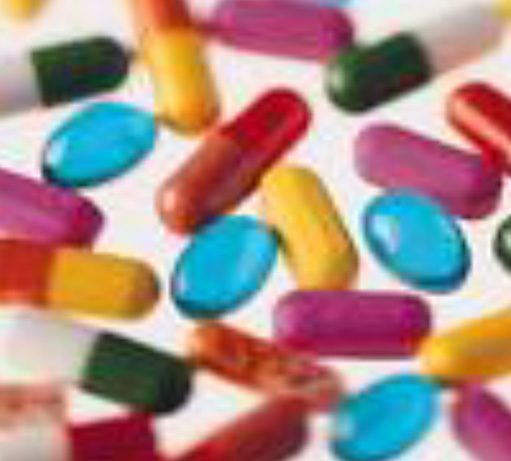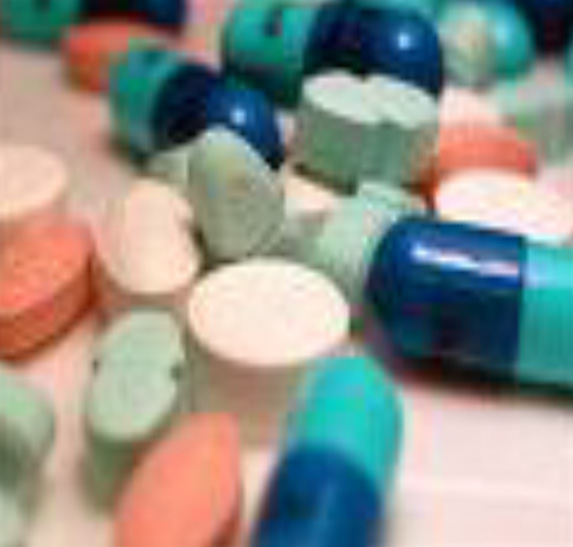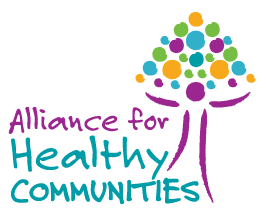Keeping Kids Safe –
Teenage Prescription Medication Abuse
A Collision of Impulse, Access and Culture
In a high stress culture wherein high performance is the standard and feeling good the expectation, prescription and over-the counter medications are heralded as valuable tools for every day life. The resulting abundance and easy access set the stage for dangerous medication abuse.
The Problem
- Over-the-counter and prescription medications are plentiful and routine in modern family life.
- Many teenage households have a relaxed posture toward medications. Unlike households with small children, families with adolescents often leave medications in plain sight and within easy reach. This posture can convey the impression to teens that household medications are safe.
- More teens abuse prescription drugs than any other illicit drug except marijuana. Among 12-13 year olds, prescription drugs are the “drug of choice”.
- “Pharming” is the term coined for those “parties” in which kids combine all types of unlabeled medications in a large container and then readily consume from these mixtures of pills, washing down the mix with alcohol. The chemical interactions are toxic and can be deadly.
- Painkillers (i.e. OxyContin, Vicodin), sedatives (Xanax, Valium, Nembutal) and stimulants (Ritalin, Adderall) are the most frequently abused prescription medications.
- Common allergy and cold medications are frequent choices for abuse by teens and can be dangerous when consumed in large quantities or with alcohol.
The Solutions
- Age appropriate “cabinet latching”- keep all medicines out of sight and away from the “high traffic areas” within your home.
- Manage all his/her medications with your teen. No, they’re not toddlers and they still need your help in staying safe.
- Properly dispose of old and unused medications. Ask your pharmacist for guidance or contact your local police department for proper procedures. Please do not flush these chemicals into our water supply. Remove prescription and personal identifier information from packaging before disposal.
- Reinforce with your teenagers respect for the specific healing purpose of medications, that when misused or abused, can become damaging. Establish clear expectations about following directions and never sharing medications. Be a good example.
- Monitor the medications in your home. Stay cognizant of what you have as compared with what you should have.
- Ask relatives and friends to carefully manage and safeguard their medications as well.


